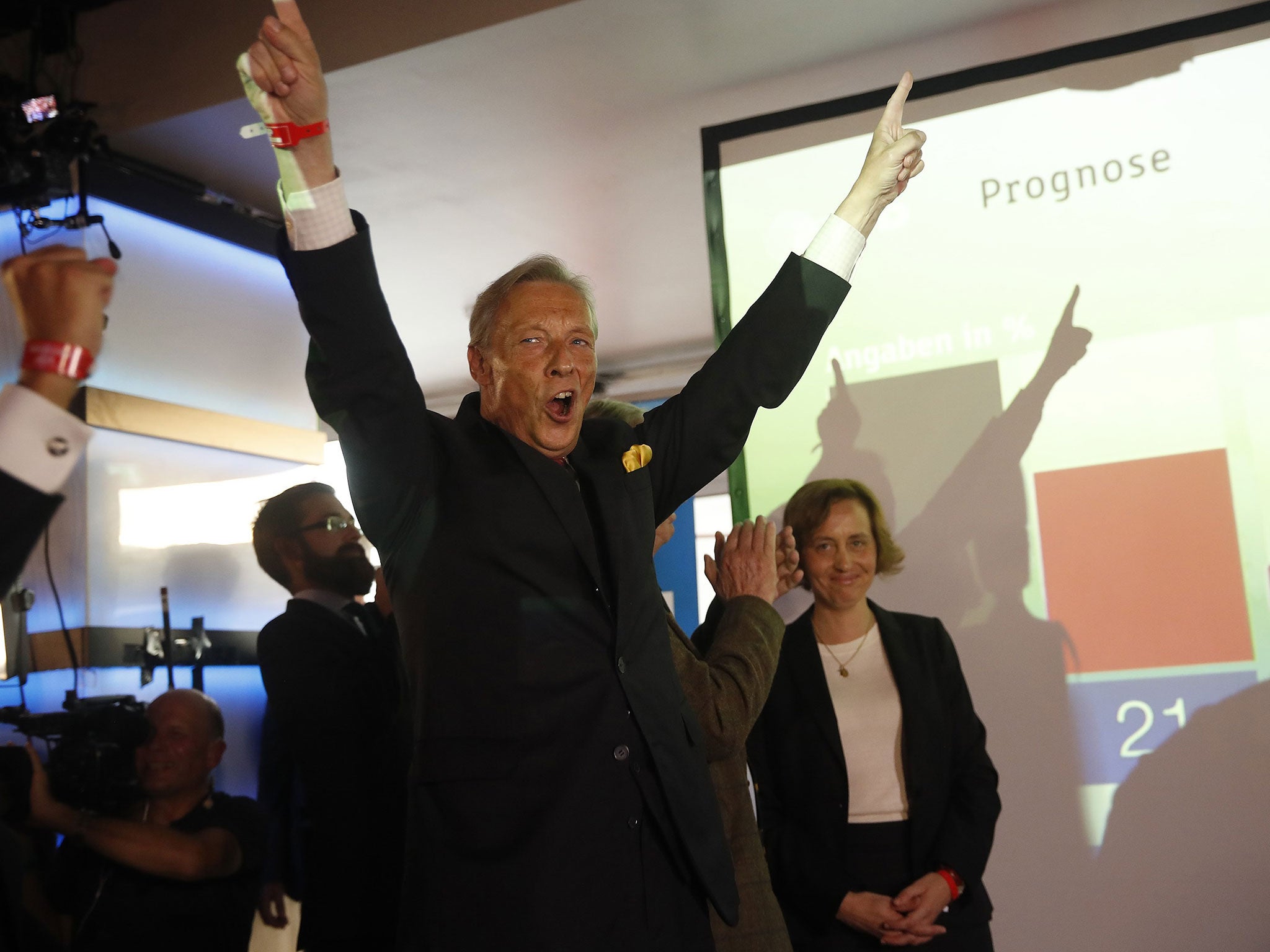German far-right populist party AfD scraps registration form asking journalists for ethnic background after backlash
Journalists association calls data collection bid 'unacceptable intrusion into private affairs'

Your support helps us to tell the story
From reproductive rights to climate change to Big Tech, The Independent is on the ground when the story is developing. Whether it's investigating the financials of Elon Musk's pro-Trump PAC or producing our latest documentary, 'The A Word', which shines a light on the American women fighting for reproductive rights, we know how important it is to parse out the facts from the messaging.
At such a critical moment in US history, we need reporters on the ground. Your donation allows us to keep sending journalists to speak to both sides of the story.
The Independent is trusted by Americans across the entire political spectrum. And unlike many other quality news outlets, we choose not to lock Americans out of our reporting and analysis with paywalls. We believe quality journalism should be available to everyone, paid for by those who can afford it.
Your support makes all the difference.German populist party Alternative fur Deutschland (AfD) has dropped a controversial bid to collect data on the ethnic background, private views and sexual orientation of journalists who want to access the party's national congress.
AfD, which is the third biggest party in parliament, scrapped the plan after the release of the form sparked backlash from media groups.
The form was sharply criticised by the German Journalists Association and prompted an investigation by the Berlin data protection office.
Capitalising on the anti-immigration sentiment after Angela Merkel's open-door immigration policy in 2015 saw more than a million refugees enter the country, the AfD has campaigned against the "Islamisation of Europe and Germany" and "fake news" coverage by mainstream media outlets.
The party won nearly 13 per cent of the votes and entered the German Bundestag for the first time following the country's election on 24 September.
The form initially asked journalists to tick a box to agree to the collection, storage and use of personal data provided which includes "special data" as well as name, the organisation worked for and the press pass number.
According to Germany's data protection law, "special data" includes racial and ethnic background, political views, religious or philosophical convictions, union membership and sexual orientation.
Although parties in Germany do require journalists to share basic information to receive event accreditation, no other party asks for private information.
The AfD has declined to comment on the issue.
But the party's spokesman Christian Lüth tried to downplay the controversy by referring to the first registration form for the congress as "the test version".
"Test version deleted," he wrote on Twitter. "Starting immediately journalists can use the official registration form on our website."
Spokesman for the German Journalists Association, Hendrik Zoerner, called the party's bid to collect private information of members of the media "an unacceptable intrusion into the private affairs of journalists".
German civil rights groups are expected to stage a large protest at the start of the AfD's party congress in the northern city of Hanover on 2 December.
Additional reporting by agencies.
Join our commenting forum
Join thought-provoking conversations, follow other Independent readers and see their replies
Comments